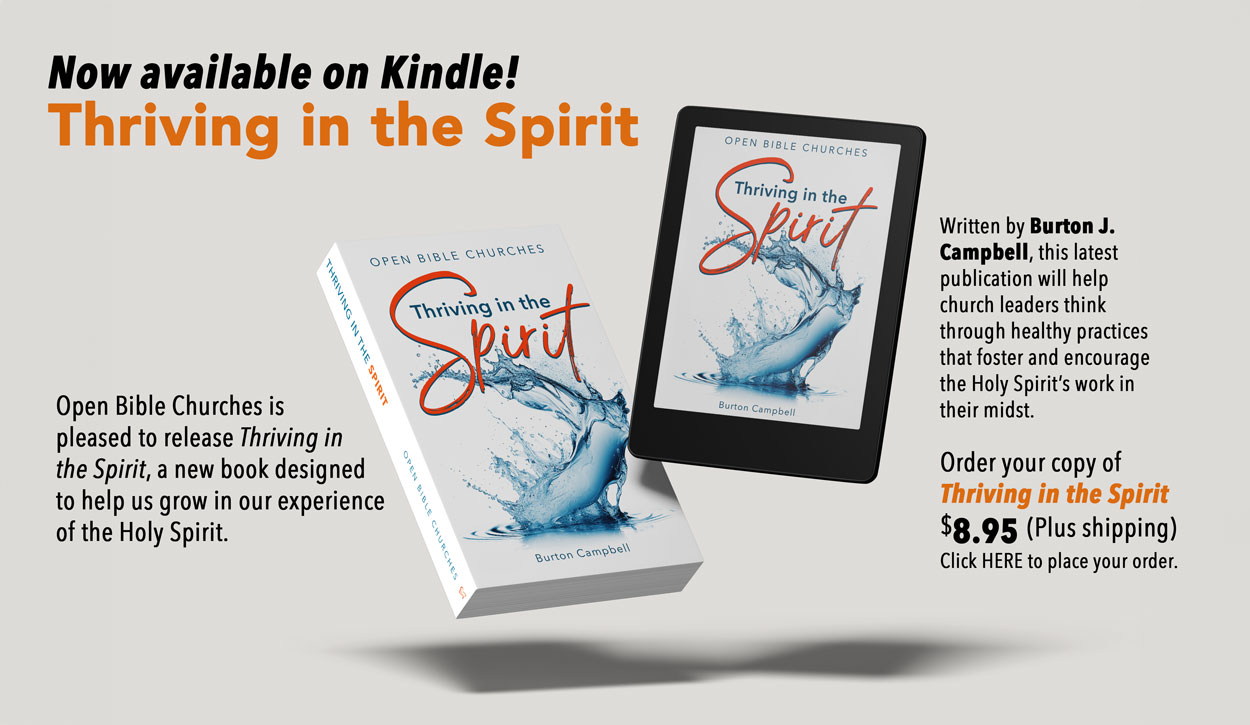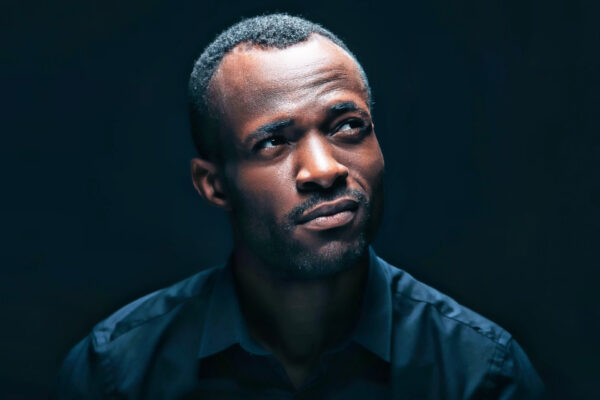By Bart Bentley
Do we hate sin anymore? The topic is not a comfortable one. As Christians we tend to gravitate toward teachings about family or love or spiritual power far more than we do about sin. When the old-fashioned preacher begins to speak boldly about sin, we may inwardly blanch, secretly hoping they will move on. Modern preaching tends to tiptoe around the topic in accordance with an unspoken preference on the part of listeners.
As fallen people, we have a sinful reluctance to confront our own sinfulness. This reluctance subtly works against us, making us strangely averse to go to prayer or to engage in worship. It distracts the mind from focusing on spiritual issues. Gone unchecked for a long period of time, Christians can easily find themselves going through the motions of proclaiming that “Jesus saves” without even mentioning what He saves us from.
As Christians, we must be willing to force our attention onto the hideousness of sin if we want to fully appreciate what Jesus has done for us. The old hymn writer was correct: “’Twas grace that taught my heart to fear, and grace my fears relieved.” Without consistently confronting our sinful nature, our salvation becomes a matter of fact instead of a matter of rejoicing.

Sin always hurts someone. There are no exceptions. Consider the story of Christopher McCandless. Christopher, a well-educated young adult, grew up in an upper middle class family. He was also altruistic and had strong inclinations to be alone and live off the land. He went adventuring on little or no money, having given away his sizable savings. He would go months without speaking to anyone. Eventually he found his way to Alaska. There, after a few survival missteps in the wilderness, Christopher starved to death. His body was found around nineteen days later by some seasonal hunters.
Christopher’s story is sobering. Once his body and journal had been found, a magazine article was written about what had happened to him. That article morphed into a book, and the book into an award-winning movie, Into the Wild. Ironically, despite Christopher’s effort to live a life completely separate from the modern world, his choices profoundly affected the world from which he tried to separate himself. His story has influenced tens of thousands of people; some have even gone on to emulate him. His decisions made an impact on people he did not even know. The same is true with our decisions regarding sin. The connected nature of humanity and the planet makes it impossible to function in a vacuum. Our decisions will affect others no matter how hard we try to shield them from it. Our only choice is how it will affect them.
Sin is pervasive. It infects our thoughts, our motivations, and our inmost being. We are reminded of this whenever we fall to temptation or even when we sin without thinking. We may repent, true enough, but even our motivations for repentance are often suspect. Are we repenting because we selfishly want God’s blessing on our lives? Are we repenting because we need God’s help later? Are we truly turning away from the type of behavior for which we are repenting? Thus, sin easily infects even our repentance. The old adage is true: even our tears of repentance need to be washed in the blood of Jesus. The Apostle Paul understood this. Seeing the pervasiveness of sin in his own life, he cried out, “Who will rescue me from this body of death? Thanks be to God, who delivers me through Jesus Christ our Lord” (Romans 7:24-25).
Sin is not just pervasive; it is powerful. Scripture teaches us that humanity’s original dwelling place was literally paradise. Our present condition, of course, is quite different. No one would use the word “paradise” to describe our current existence. The difference between the paradise we were made for and the dying world we now live in is due to the acceptance of sin. Again, sin is powerful. It is responsible for all of the death, misery, and pain the world has ever known. It is easy to glibly blame Adam and Eve for the whole problem. After all, it was their choice to eat the forbidden fruit, not ours. Nonetheless, the sad fact is that we affirm their choice with every sin we commit. The consequences of our sin are the same as theirs: death, misery, and pain.
Consider for a very dark moment the nature of sin apart from Jesus. Sin is everywhere, spreading ever-growing pain and misery and death. There is no escape; there is no cure. There is no selfless love, nothing good. Virtue would primarily be useful only to serve vice. Earthly existence would be no more than a meaningless, momentary prelude to eternal torment, made inevitable by the iron grip of sin on every soul. Such a state of being is almost too horrible to contemplate. It is a place of utter fear and darkness.
This is what Jesus saves us from – this place of utter darkness, hopelessness, and fear. Through Him we are not saved merely from hell; we are saved from the power of sin. With Jesus our lives are not a meaningless prelude to the eternal consequences of sin. Rather, our lives are a time of experiencing and expressing God’s love for our world.
God hates sin, and we do not need to look far to find the reason. It brought death to His children (us), and it killed His one and only Son. Our attitude toward sin must be no less than His. We must hate it. We must refuse to entertain it or ignore it. We must never treat it with a wink and a smile.
We must resist sin in all of its forms, from hedonism to legalism, from white lies to rage. Resisting it is not ineffectual, despite the pervasiveness of sin. By resisting sin, we give ourselves and those around us a glimpse of the goodness of God. We experience the freedom that was meant to go hand in hand with our salvation. It allows those we come into contact with to see Jesus in us. It helps us to grow closer to God, to be a better servant to Him. We become more of what God created us to be.
Repentance must be our reaction to sin. John tells us, “If we confess our sins, he is faithful and just and will forgive us our sins and purify us from all unrighteousness” (1 John 1:9). This means we ask God for forgiveness (repent) and He will forgive us! We strive to not repeat our sin, though we often fail. When that happens, we repent again. This is part of what it means to have relationship with God, to repent when we fail to live up to what He has attained on our behalf and then to get up again and get about our Father’s business.
It is vital that we understand the seriousness and gravity of sin. It is pervasive and powerful. We must resist any temptation to ignore or minimize it within our own lives. But we must also understand that we do not face our temptations alone. Jesus overcame sin at the cross, and His victory is ours. Let us then, as the Bible says, live up to what we have already attained. God is more powerful than sin, and we are redeemed by His Son. Therefore, let us not cheapen our redemption by nodding flirtatiously at sin with a wink and a smile.
About the Author

Bart Bentley was born and raised in Tujunga, California. He now pastors at Journey Church Ministries, an Open Bible church in Loves Park, Illinois. He resides with his wife, Erin, and their three children: Genesis, Kessa, and Isaac.
*Information regarding Christopher taken from “Death of an Innocent” by Jon Krakauer






